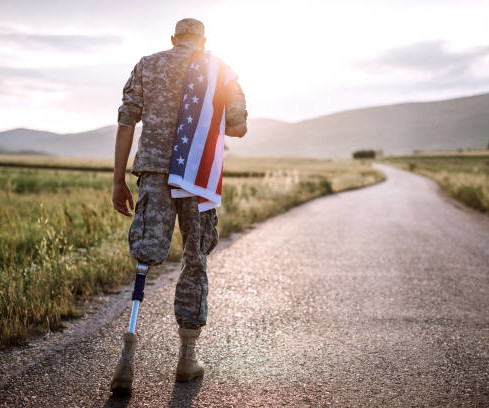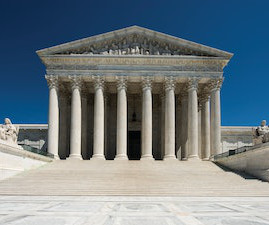Study Finds Better Outcomes Among PGIB Veterans at Nonprofit, Public Colleges
Diverse: Issues in Higher Education
JULY 10, 2024
Veterans who did not personally use their Post-9/11 GI Bill (PGIB) benefits earned $1,700 less annually than those who did, according to an interagency study on how enlisted veterans used benefits from the U.S. Department of Veterans Affairs-operated education program.











Let's personalize your content